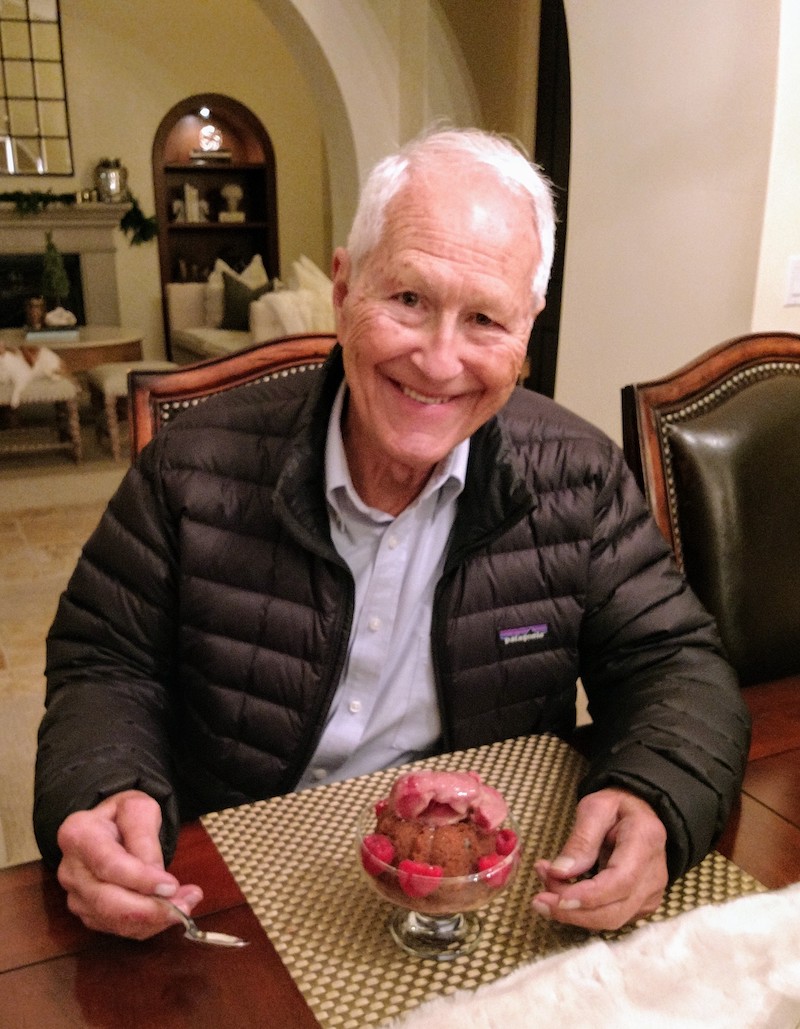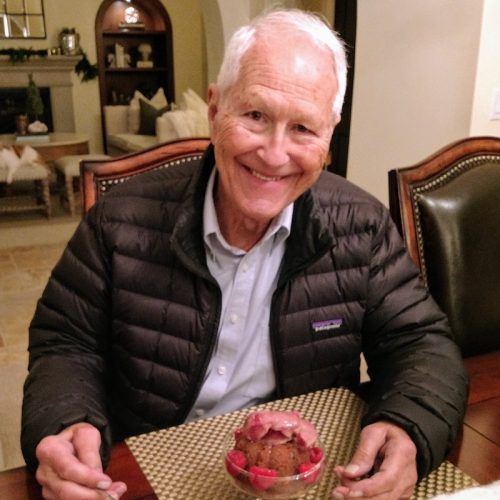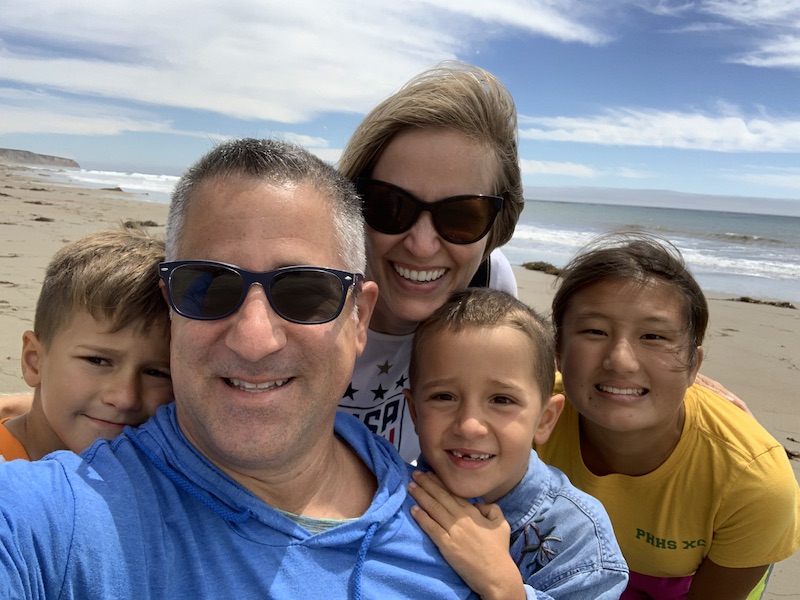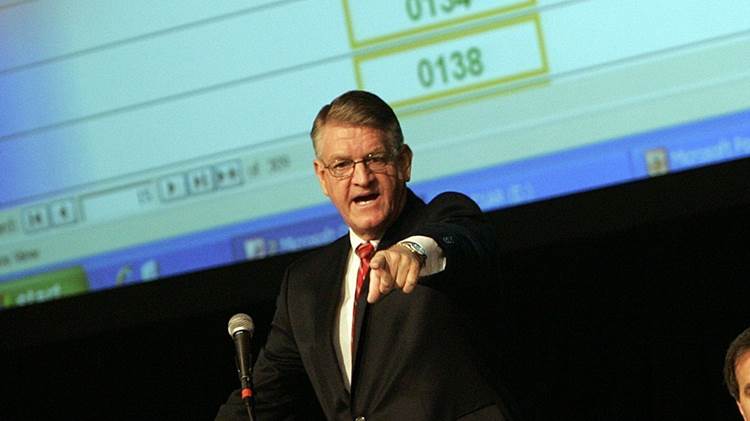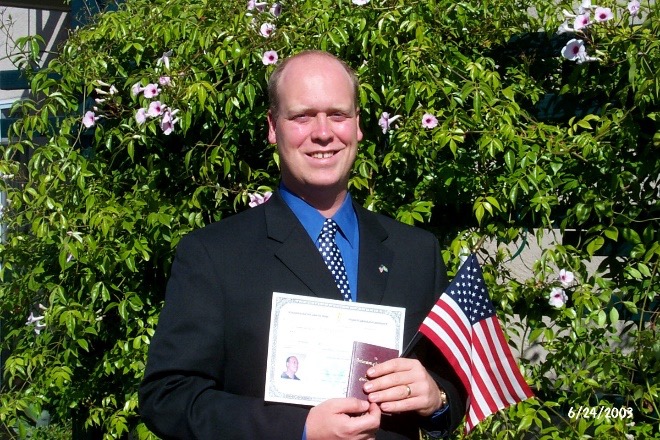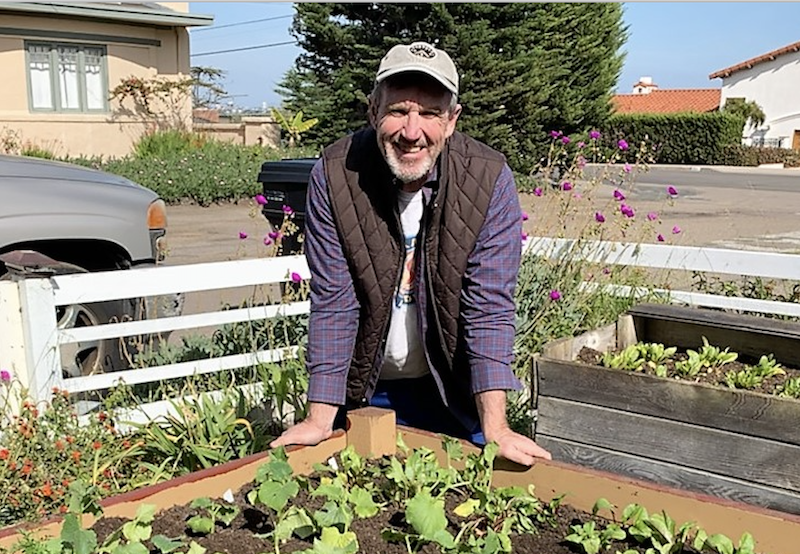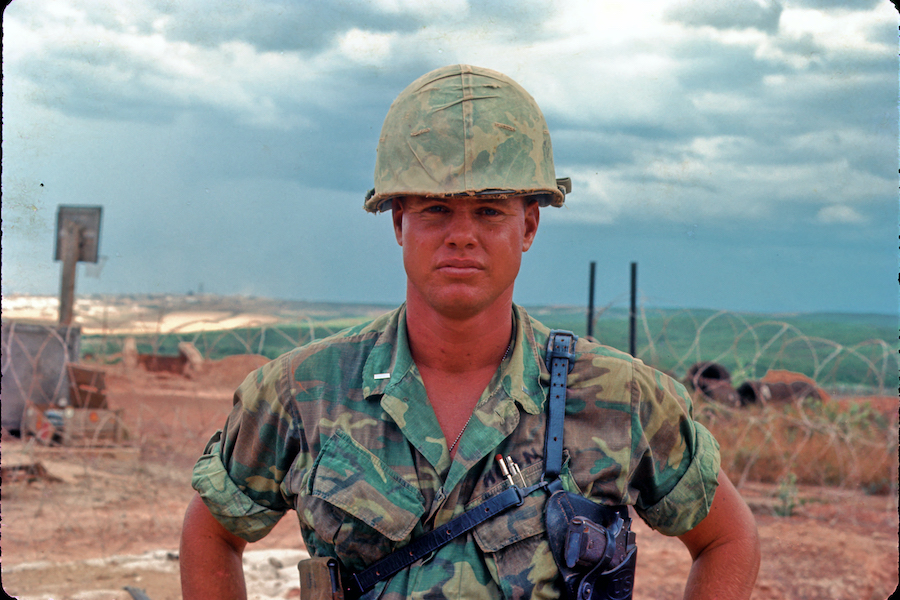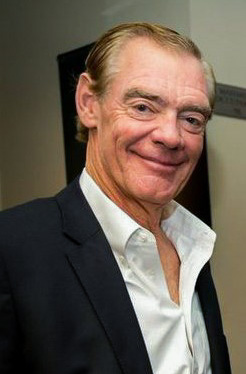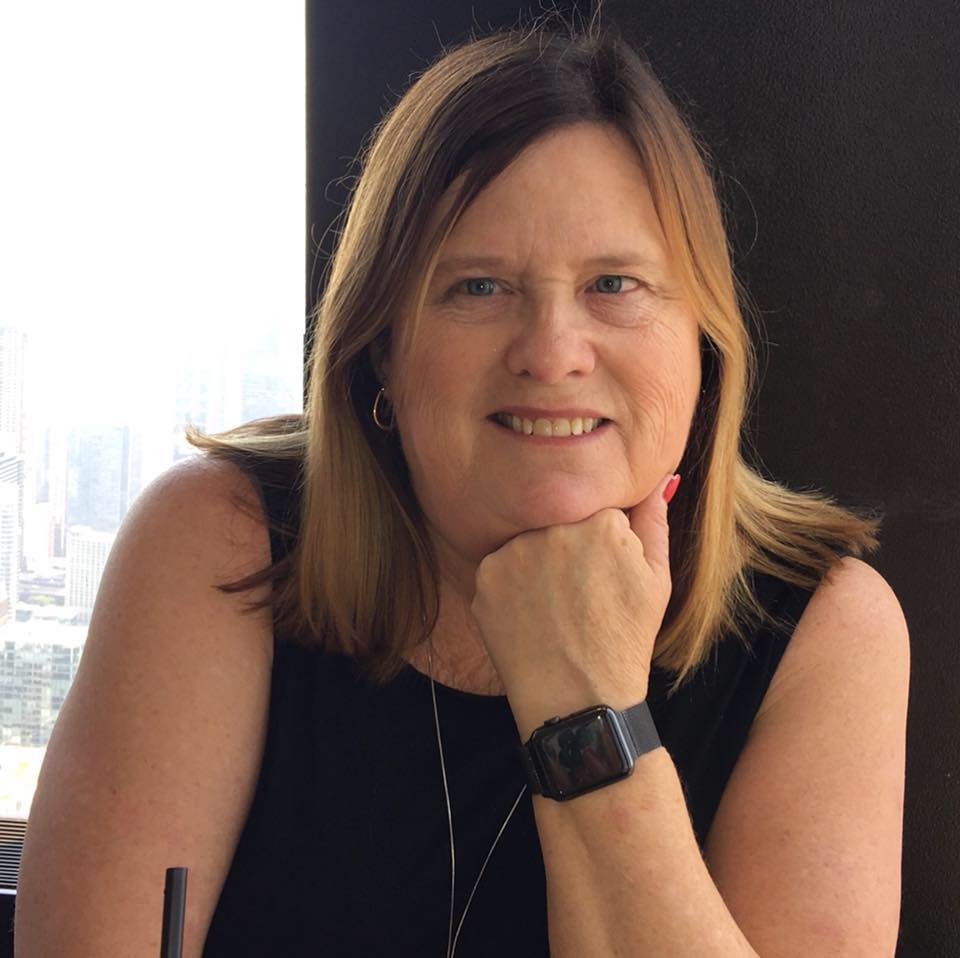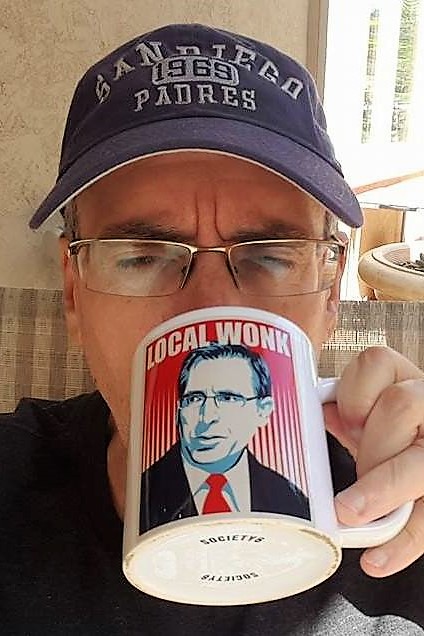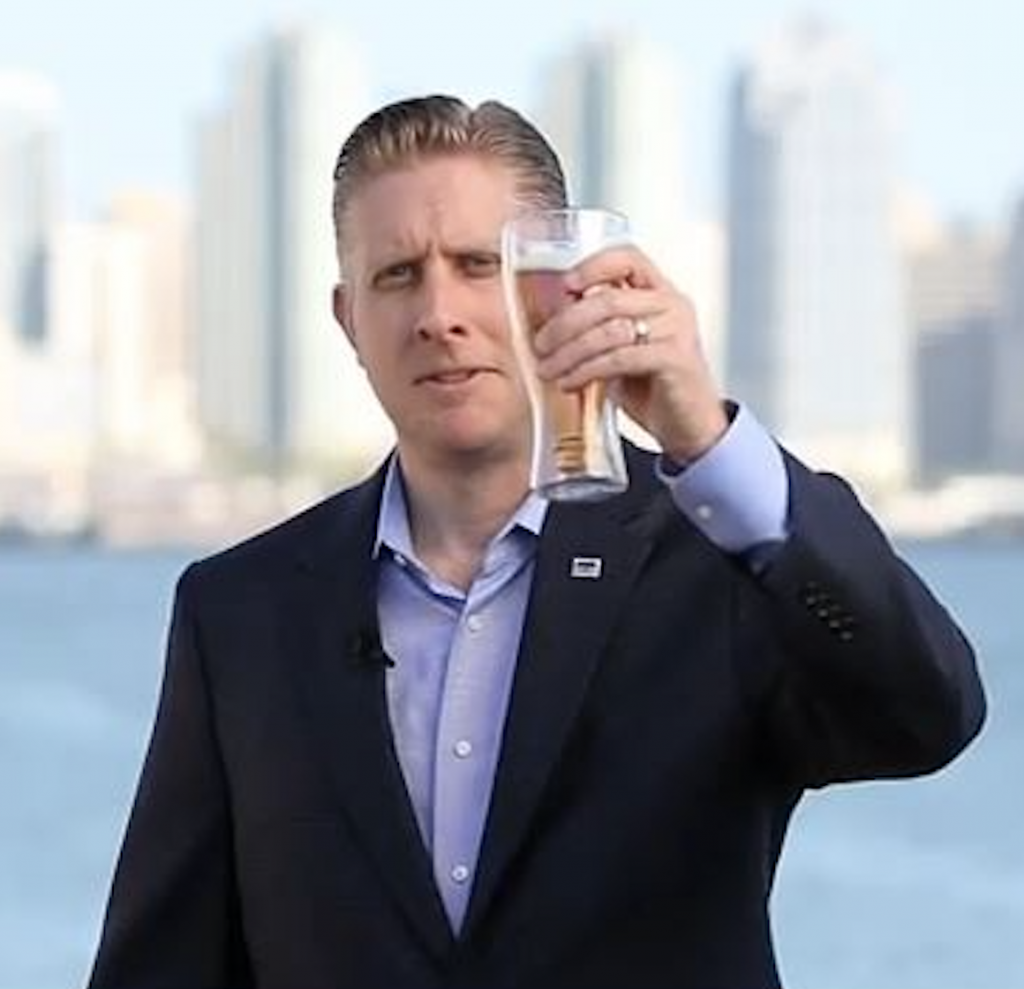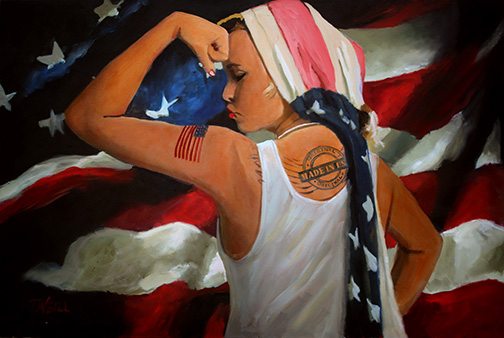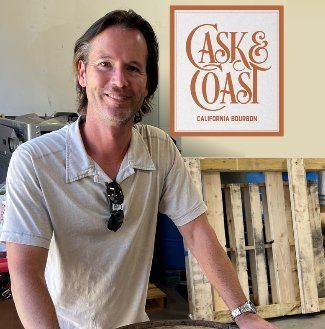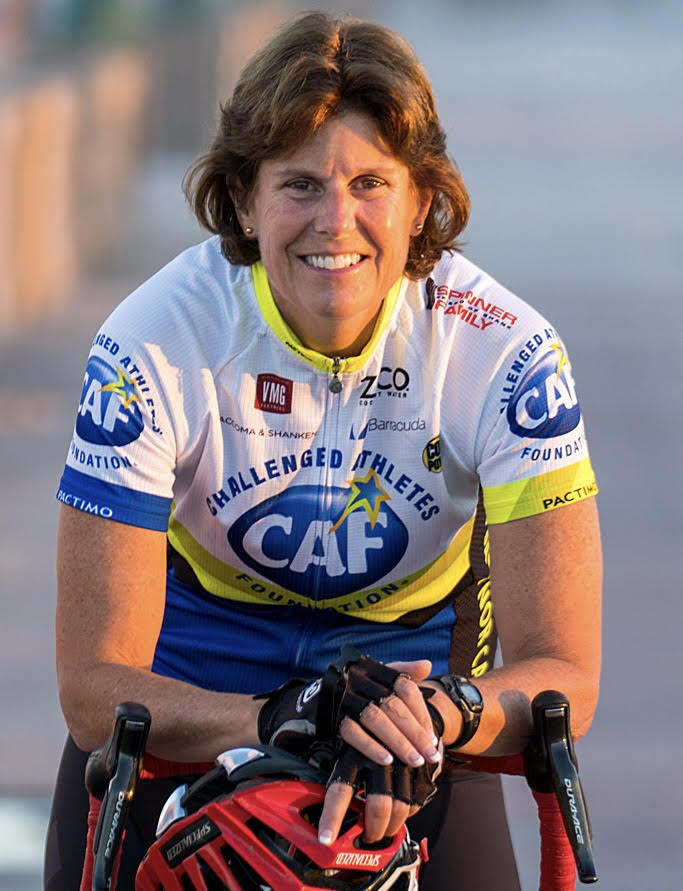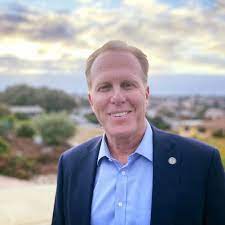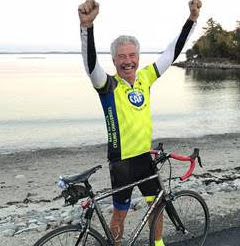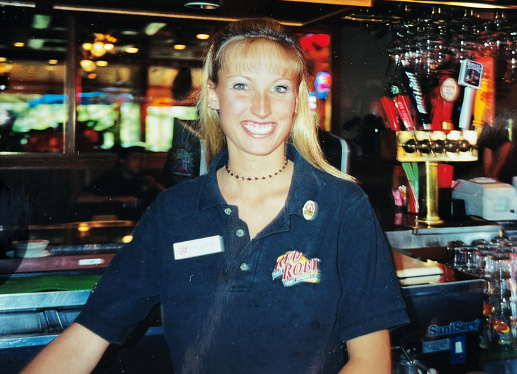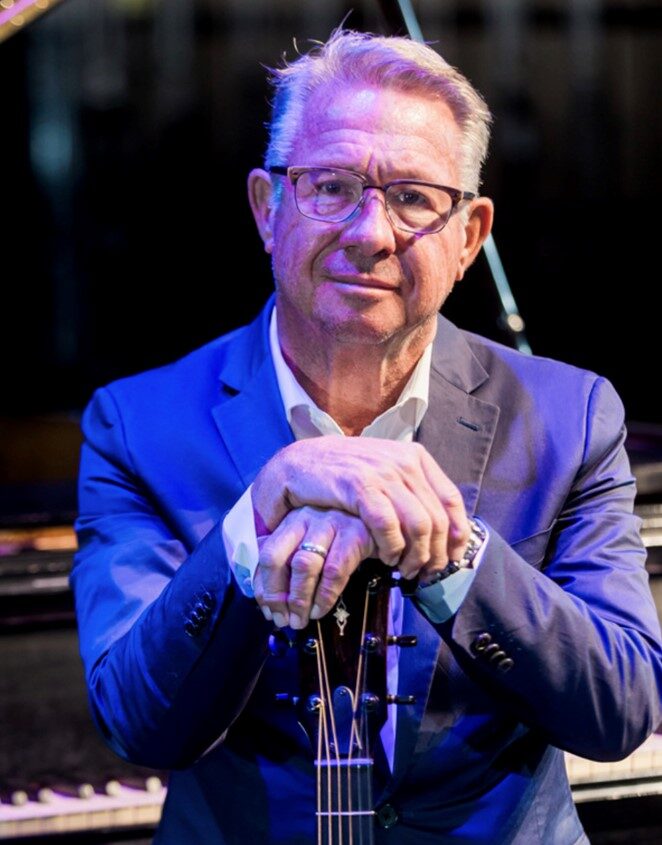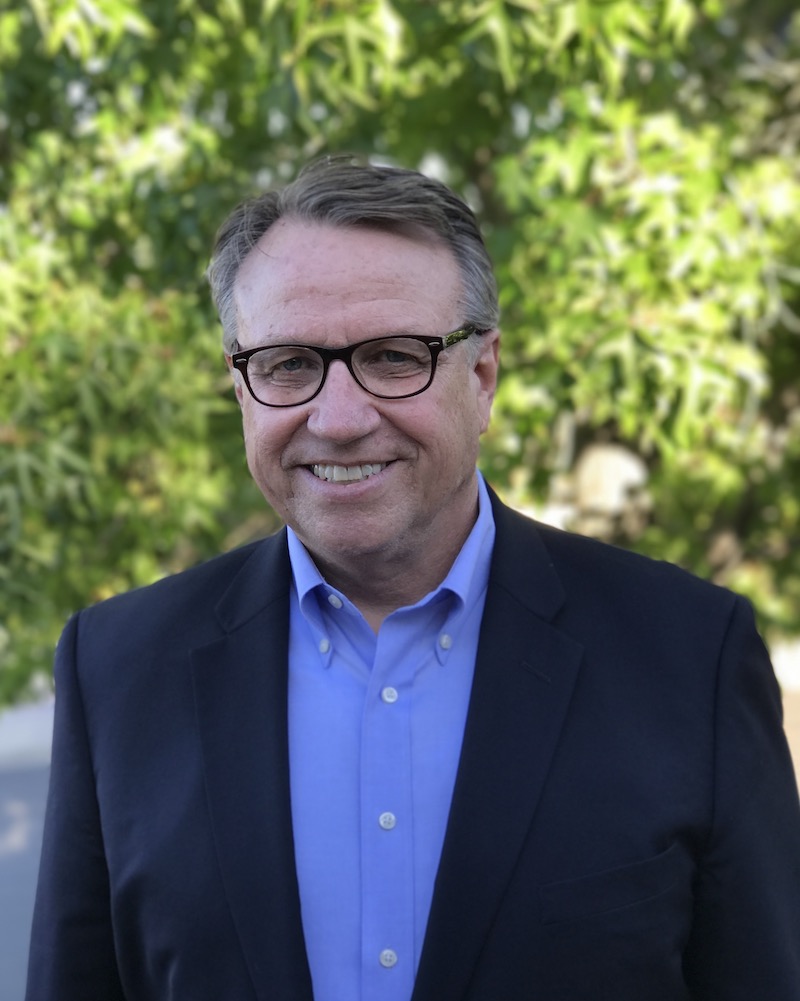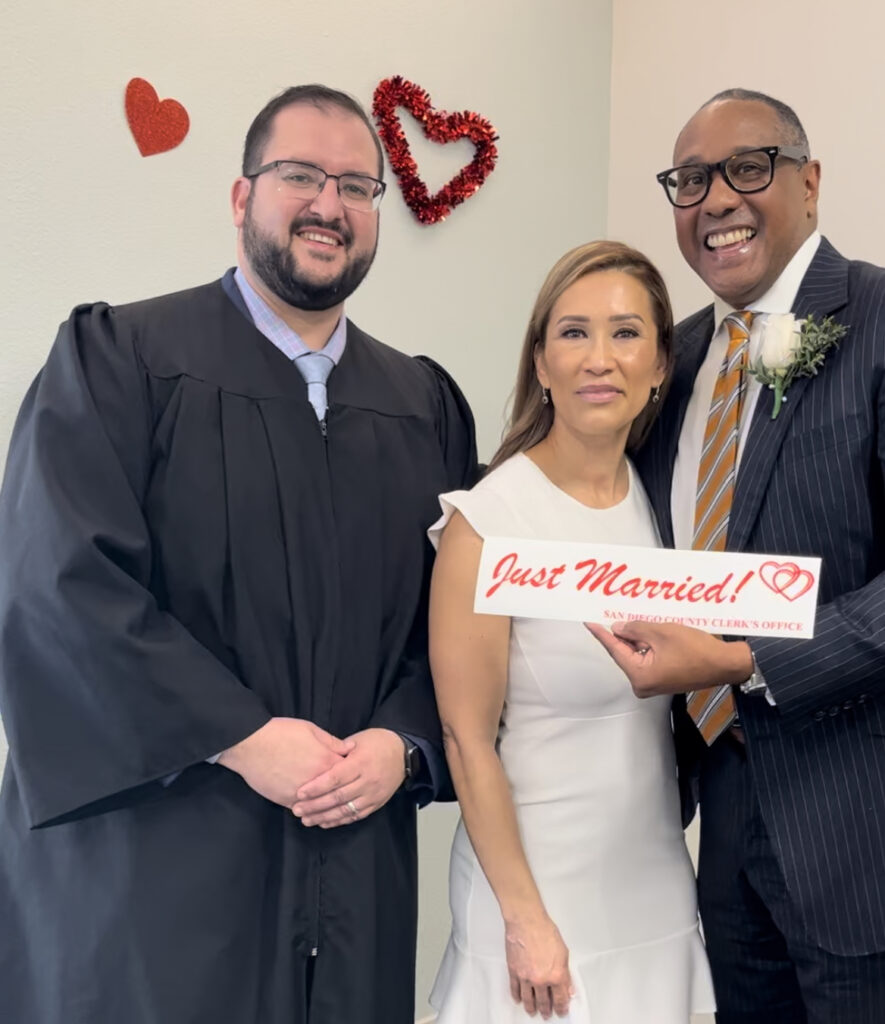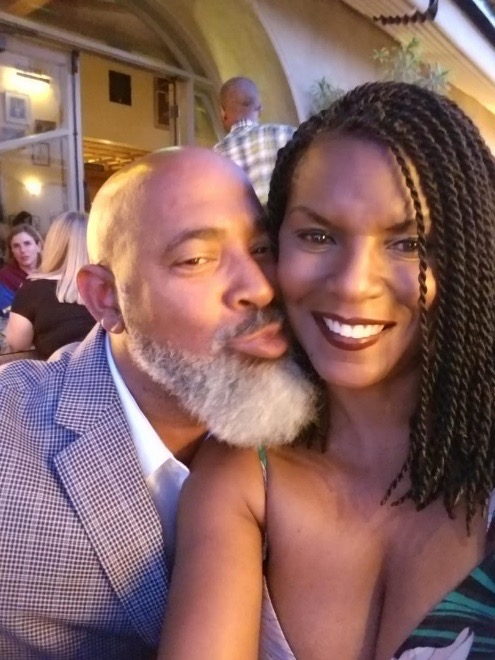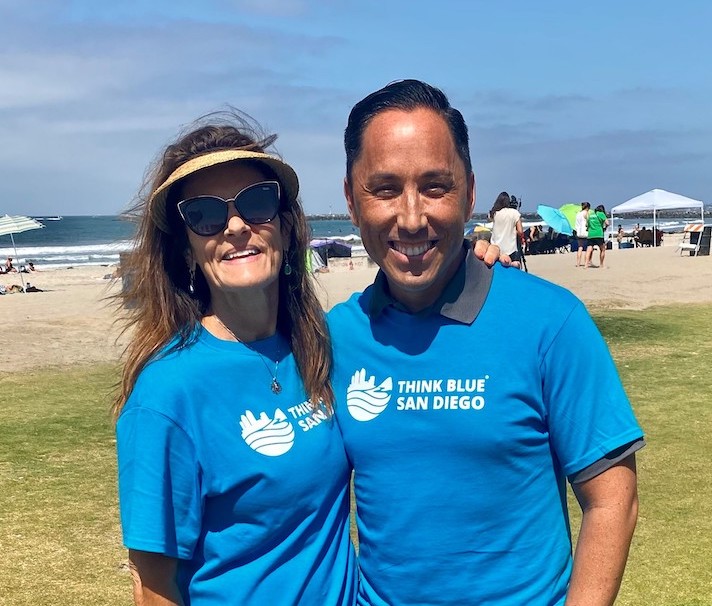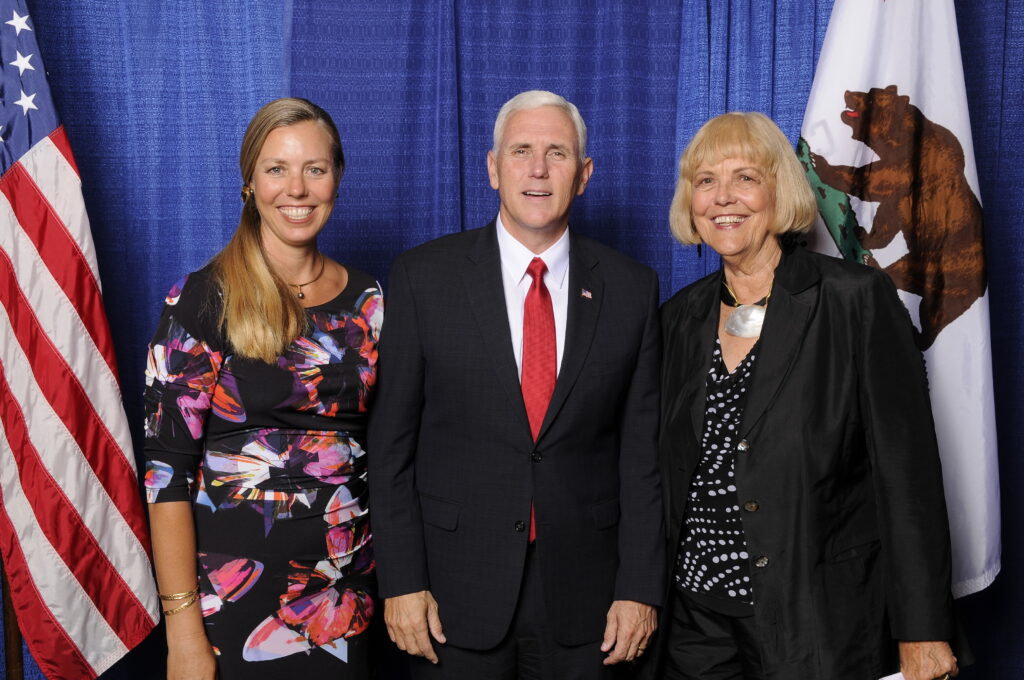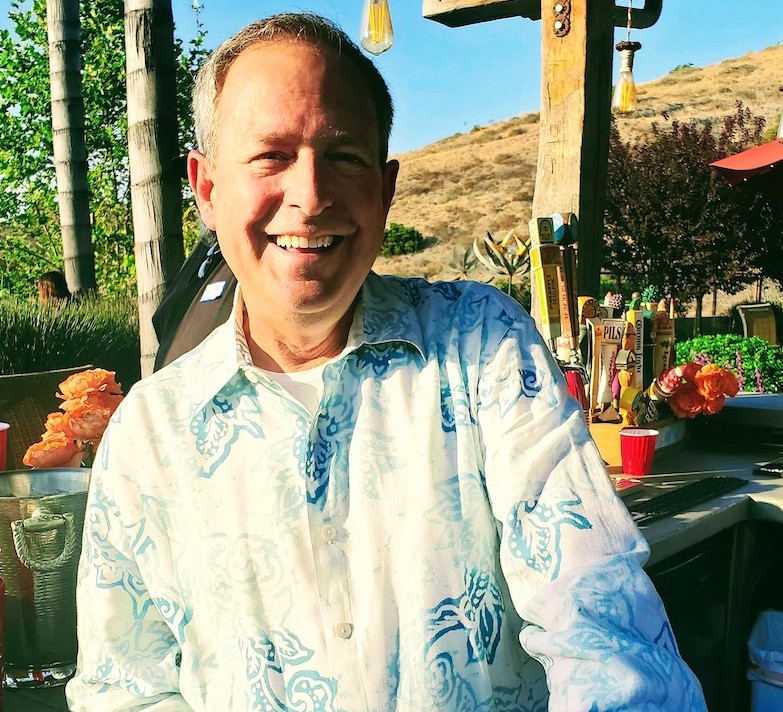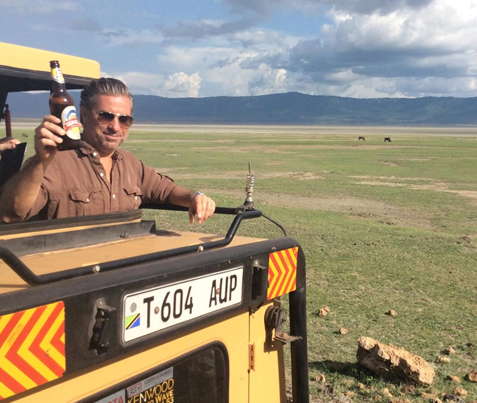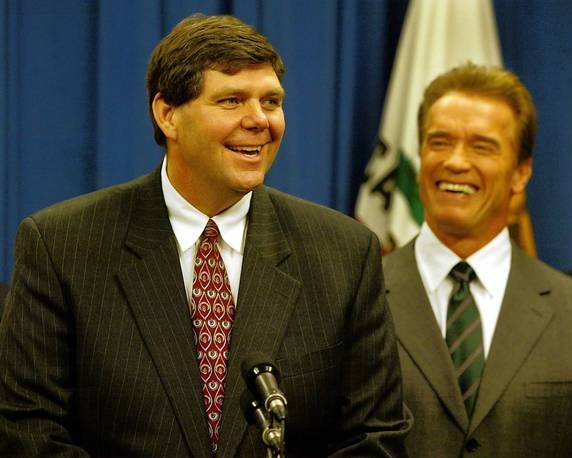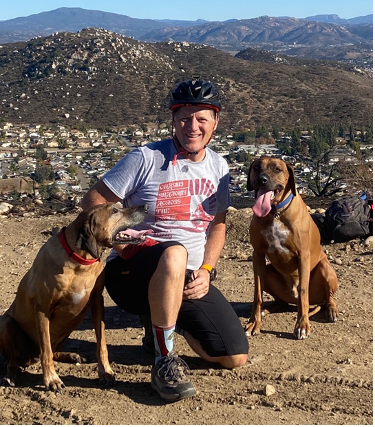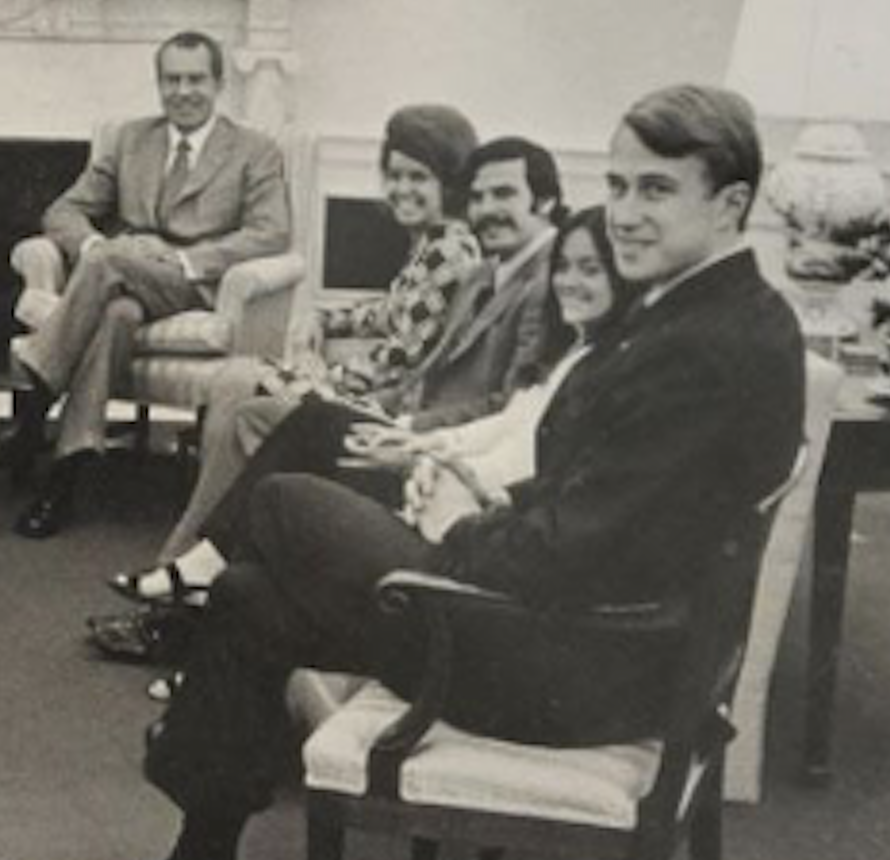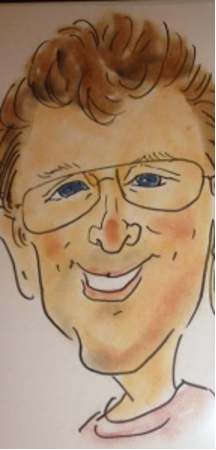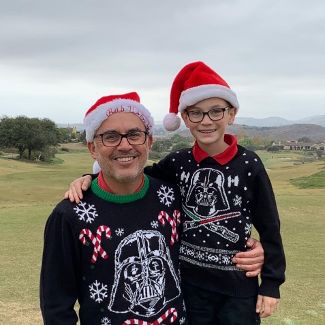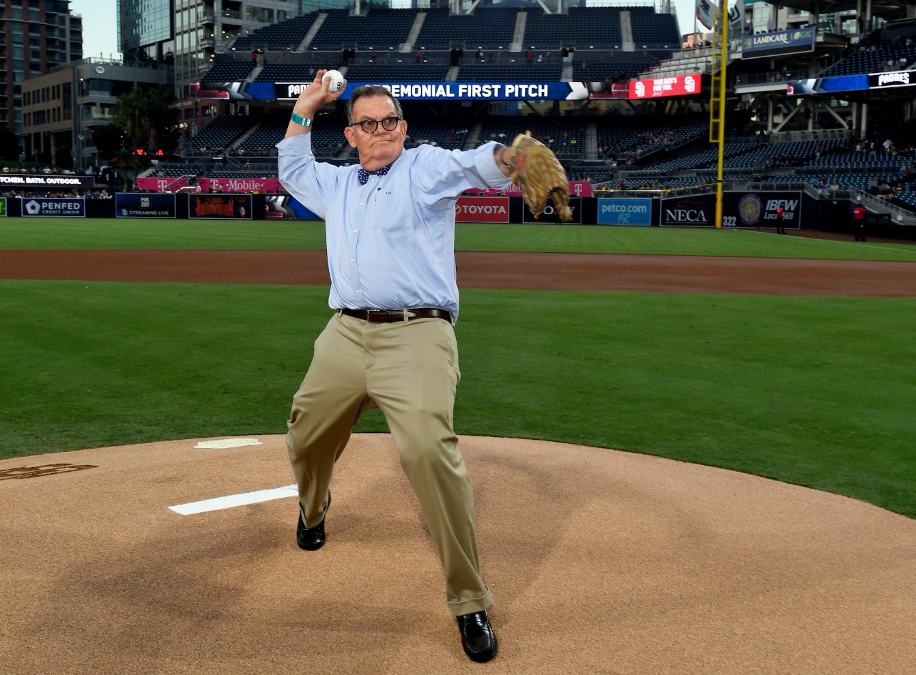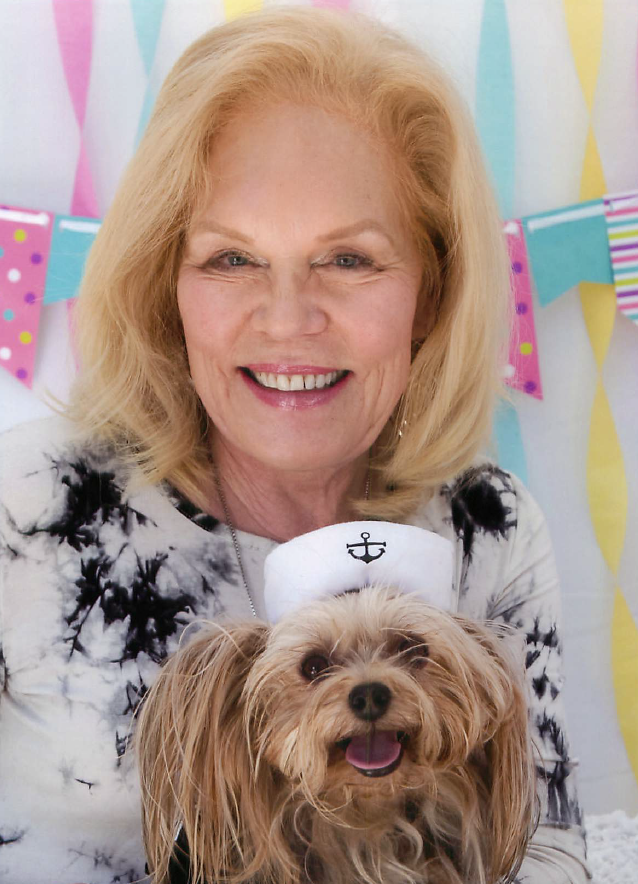Edgy Interview: Frank Nienstedt
This month we get to hear from a living legend in CERC circles. Very much alive and kicking at the age of 89, Frank Nienstedt – CERC’s longest-serving employee and John’s dad — dutifully sat for The Edgy Interview. Born in and raised in Riverside, Illinois, during the Great Depression, he remembers the iceman coming around, burning coal in the furnace, hearing the news about Pearl Harbor and the dropping of the A-bomb. Frank has witnessed lots of changes. He gets into his faith, his deep love of classical music (and broccoli!) and more in this interview, but somehow neglected to touch on his biggest highlight: serving as John’s Best Man. We hope you enjoy turning back the clock.
If you could go back in time, which person from history would you like to chat with and what’s the topic?
There are many, many, but if I must pick just one, I’d select President Harry Truman (of all people) to chat with. Yes, the haberdasher from Missouri. I’d specifically want to know about his decision to use the atomic bomb on Japan. Truman obviously had to agonize over it, and I would be interested in how he handled that decision.
Which American from history do you identify with most and why?
I would select Abraham Lincoln, and not because both of us are tall and lanky… only the 16th President is. He was a moderately conservative Republican, and he was from Illinois (Ed: actually, born in Kentucky). While freeing the slaves was not Lincoln’s primary objective in life, it was something he did that I would have heartily agreed with.
Which person from world history do you identify with most and why?
I would probably select Martin Luther. As a life-long Lutheran, I can see and understand where he was coming from in his desire to proclaim the gospel of Jesus Christ in a church that had lost its way.
Which presidential election was your first, who did you vote for and why?
I turned 21 in December 1951. In my first primary election, I cast my ballot for Senator Robert Taft of Ohio; a good and solid conservative Republican. In my first November election (in 1952) I voted for the Republican Dwight Eisenhower. While Eisenhower was not my first choice, I grew to like him over the years. It was his negotiation of a cease-fire in Korea in June 1953 that saved me from having to go to fight in Korea after I finished basic training in the army.
What period of history had the greatest art?
My area of interest in art is music, and there I can say that the greatest period was from the late 18th century to the late 19th century on the European continent.
Who is your favorite artist — any medium – and why?
Of all the great composers of that era, the greatest, of course, was Ludwig van Beethoven. His music was not only “classical” (a pleasure to listen to) but “romantic” (something to get emotional over).
What was your favorite musical genre as a teenager and what are you listening to now?
Being an “odd ball,” my favorite genre back when I was a kid was “classical.” I guess my first exposure to it was listening to the Lone Ranger on the radio with its final bars of Rossini’s William Tell Overture as its theme music. Then my folks bought me the recording of Mozart’s Symphony No. 41, and from then on I was hooked. I still attend the symphony whenever I can, so I guess you could say I’ve never really grown up.
If you were a competitive eater, which food would be your specialty?
I guess my specialty would be broccoli. Because few people in the world would want to compete eating that, I’d win every time! [Ed. Tom “Broccoli” Landers holds the world’s broccoli eating record, swallowing 450 grams of raw broccoli in 92 seconds. I’m betting you couldn’t eat a pound of broccoli in a day, let alone a minute and a half. You might want to shift to wheat germ.]
What three things are must-haves in your fridge at all times?
I would need fat-free milk, broccoli, and blueberries.
Favorite cuisine and where do you get it?
My favorite cuisine, now that Lita is gone, is Libbie Nienstedt’s salad and salmon dinners.
What’s the best professional advice you’ve received and who gave it to you?
“Always give it your best effort.” I received that advice from my dad, not only by his word, but even more importantly, by his example.
What advice do you have for young people starting out?
The same.
When you were a child, what did you want to be when you grew up?
As a believer in the Lord Jesus Christ, I wanted to be a missionary to present the gospel to others around the world. Unfortunately, I had grown up to be a very introverted person, and, during my teen years, my pastor knew — better than I, apparently — that my personality is not suited to missionary work. He gently steered me in a different direction.
What prompted you to write a history of the world?
Shot down as a missionary, that’s when I thought I should try to do a better job of presenting the gospel to the world by writing rather than by speaking. Out of that, and with my interest in history, I began writing a history of the world from a Christian viewpoint. Oddly, my life’s work from then on was divided between that and “earning a living” as an accountant.
What are some of the biggest societal changes you’ve observed during your lifetime?
There have been many such changes and they were huge. They can be grouped together in one fundamental concept of what I would call “the democratization of the world.” Some changes have been for the betterment of mankind, especially in the realm of civil rights. Integrating the US Army and Jackie Robinson breaking the color barrier were two great shocks to the status quo. The rights for racial minorities and women – who were basically domestic servants when I was a boy — have made huge strides. Some changes might be considered “pushing the envelope” a bit too far. For example, I don’t think the world is ready for legal marijuana.

